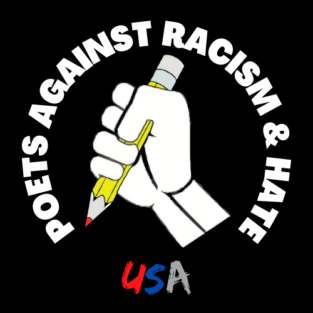Here we are at the end of another February, the month designated as Black History Month … as if the history of African American art, culture, philosophy, writing, and activism can be encapsulated in a month (the shortest of the year, for that matter) … as if Black history is somehow separate and distinct from American history … as if without the designation we’d fail to contemplate the history of Blacks in America at all. As the phenomenal singer, composer, and musicologist Rhiannon Giddens said in her post on the topic, we hate that it takes this special effort to celebrate the contributions African Americans have made to the richness of U.S. arts, culture, and history, but until those stories are ubiquitous, here we are.
We commemorated Black History Month this year with a series of social media posts, some of which we revisit here to underscore their importance and further broaden their reach. Our social media activity kicked off with a reposting of the sentiments Giddens expressed and a reminder of the blog post we wrote about her activism through music.
As you’d expect, most of our posts during the month celebrated poets and reminded our followers to read poetry. We marked the birthday of the poet Langston Hughes, which coincides with the beginning of Black History Month, and linked to examples of his work at poets.org. An anthology we drew attention to is African American Poetry: 250 Years of Struggle & Song, edited by Kevin Young (Library of America, 2020). This comprehensive work features myriad voices from the African American experience. We also suggested reacquainting oneself with some of literature’s most compelling and celebrated poets, such as Gwendolyn Brooks. Her poem “The Boy Died in My Alley,” written in 1975 but still resonant today, was published in her collection Beckonings (Broadside Lotus Press, 1975) and is available here. Additionally, we highlighted Interesting Literature’s 10 of the Best Poems by African-American Poets.
Another option, we pointed out, is to discover lesser known voices, like the poet Angelina Weld Grimké (1880-1958). You can find her beautiful poem “Tenebris” in Selected Works of Angelina Weld Grimké, edited by Carolivia Herron (Oxford University Press, 1991), or here. To further emphasize this point, we linked to The Examined Life’s piece about Una Marson, another historical Black poet not commonly remembered.
We also honored the great orator and activist Frederick Douglass, who chose February 14 as his birthday, by recommending poems written in his honor. Two such poems we linked to are by Robert Hayden and Paul Laurence Dunbar.
As a community of poets, we are likely to immerse ourselves in a subject through reading and writing. Black History Month is a great time to delve into books reflective of African American culture. In that vein, last February we published a blog post of recommended reading in keeping with the theme of the month. This year, we reminded our followers of that post. Another tack we took was providing poets with prompts to get us writing, like one in which we suggested creating poems in response to stories captured in recordings of formerly enslaved people. To provide further inspiration, we drew attention to Cry No More, a beautiful performance by Rhiannon Giddens, the Metropolitan Opera chorus, and others.
We’ll leave you with this thought: our societal celebration of Black culture and history shouldn’t end on February 28th of each year. There is no end to the discoveries to be made and accomplishments to be celebrated. We hope you have found ample avenues for exploring these voices and others for the months to come.
